Writer’s anxiety is often caused by a belief that I MUST BE WRITING ALL THE THINGS ALL THE TIME. It simply isn’t true. Even those who write full time recognize that there are seasons to writing, just as there are seasons of life.
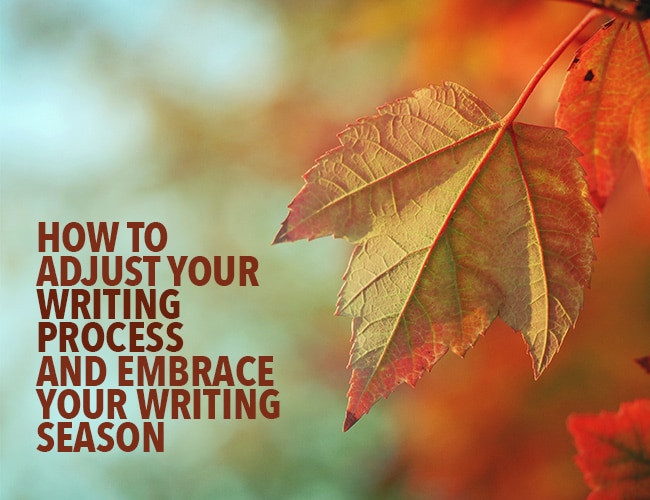
At The Write Practice, we publish a new article each day designed to help writers tackle one part of their writing journey, from generating ideas to grammar to writing and publishing your first book. Each article has a short practice exercise at the end to help you immediately put your learning to use.
Check out the latest articles below or find ones that match your interest in the sidebar.
And make sure to subscribe to get a weekly digest of our latest posts, along with our free guide, 10 Steps to Become a Writer.

Writer’s anxiety is often caused by a belief that I MUST BE WRITING ALL THE THINGS ALL THE TIME. It simply isn’t true. Even those who write full time recognize that there are seasons to writing, just as there are seasons of life.
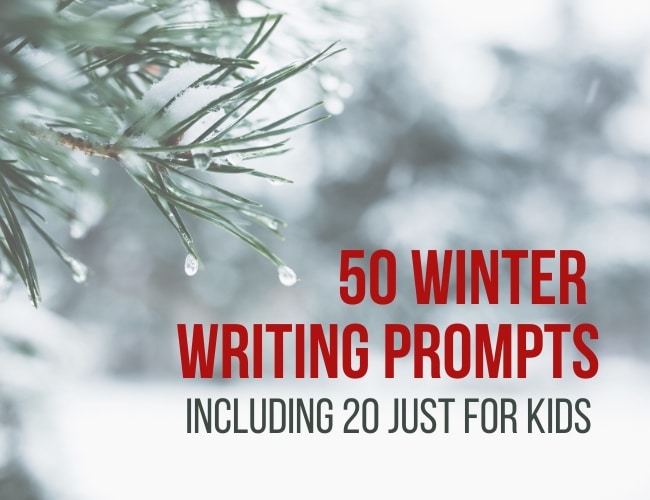
The winter season may evoke mixed emotions for you as a writer, depending on where you live and your experiences. But these winter writing prompts for adults AND for kids can help you explore this season and make the most of your winter months.

Have you ever attended a writer conference? If not, what the hell are you waiting for?
If you have, did you get the most you possibly could out of it? If you did, great. I want to hear all about it in the comments. If not, you need to read this post.
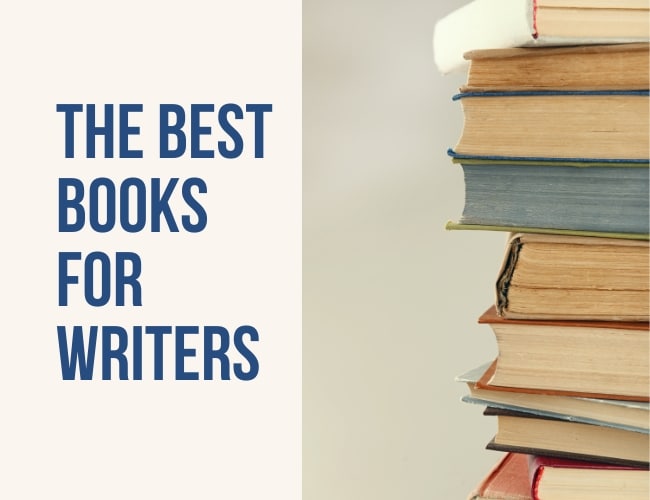
Looking for a book to take your writing skills to the next level? Today we’ve rounded up the best books for writers. See if your favorite book made the list!
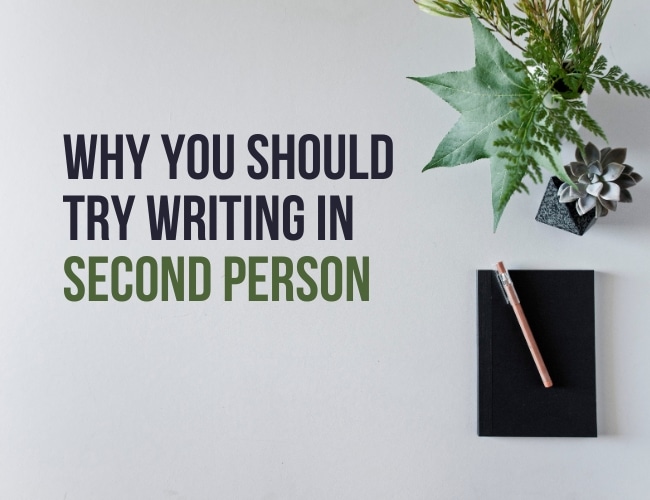
First person and third person—you’ve been there, done that. But what about writing in second person? It may seem strange, unconventional, or confining, but playing with point of view is one way to transform a story.
Point of view affects a story in that it allows readers to gain a very specific perspective. The second person is no different. Here are three reasons why you should try writing in second person:

The world of artificial Intelligence is rapidly evolving, and new writing tools are popping up all the time, each claiming to make the writing, editing, and publishing process easier. As you might expect, some AI tools live up to the hype . . . and others don’t.
Today, we’re bringing together our honest reviews of the AI writing tools we’ve tested so far, including AI-powered writing tools, developmental editing support, and marketing copy, so you can decide what makes sense for you and your book.

Here’s the underlying principle: your characters are people. People are complicated; I suspect you might know a few. Characters are much the same way. Your reader will relate to them if they behave like people, and for characters to behave like people, they need to be built like people.
You need to know your characters like you do other humans, and these six prompts will help you pull that off.
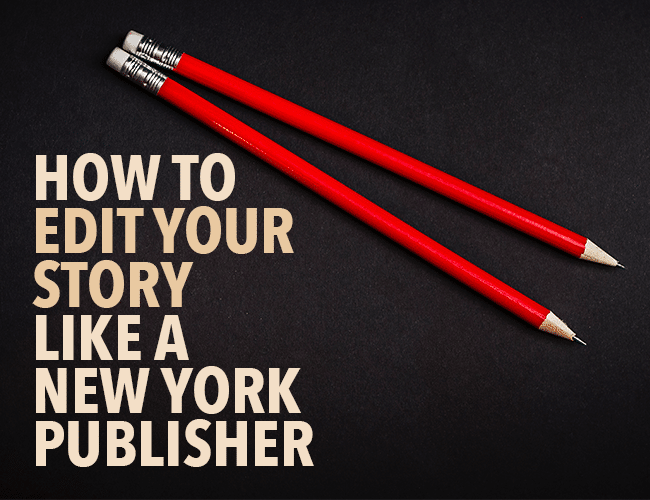
You have finished writing the first draft of your story, a version of your whole story from beginning to end. Now it is time to edit, to revise your words to make your story clear and compelling, so the reader will continue reading after the first sentence.
Editing your story might feel like an impossible task, but when you have a strategy to use, you can be confident you can edit your own story and improve your writing.
Whatever you do, do not skip the important step of editing your first draft. According to David Remnick, the editor of The New Yorker, “Revision is all there is.”
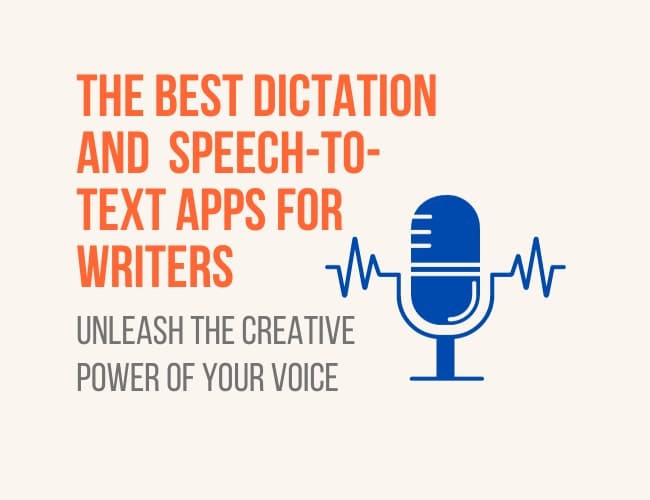
If you’re more comfortable talking through your ideas than typing them out, you may want to try one of these speech to text apps for writers. Dictation and transcription provide quick solutions for everything from working through interviews to recording story ideas and chapters. Check out our guide by guest writer Jamie Biggs and see which one is the best fit for you!

We can’t wait to get to the climax of a story. It’s the most exciting part, the place with the most action and intense moments. Right?